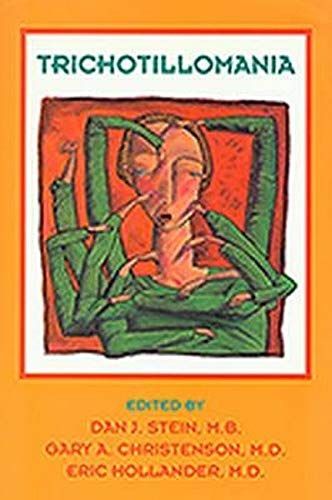
Trichotillomania
The phenomenon of trichotillomania, or hair pulling, has been observed for centuries. The ancient Greek physician Hippocrates noted hair pulling as one of the many symptoms that the physician was advised to assess as a routine matter. In our present time and culture, "pulling one's hair out" is more typically referred to in the context of depression, frustration, boredom, or other emotional turmoil. In truth, hair pulling is a highly prevalent behavior that may be associated with significant morbidity. Edited by experts in the field, Trichotillomania addresses the importance of the study of hair pulling from both a clinical and a research perspective. Documenting the clinical phenomenology, morbidity, and management of trichotillomania, it discusses the phenomenology of childhood trichotillomania, providing a comprehensive description of its symptoms and sequelae. Of particular value for the clinician are contributions on the assessment of trichotillomania and a detailed cognitive-behavioral treatment plan. The uses of medication, the place of a psychodynamic perspective, the value of behavioral interventions, and the role of hypnotherapy are also thoroughly discussed. This discerning text further documents the significance of research on trichotillomania for obtaining a broader understanding of complex brain-behavior relationships. While recent research has suggested that hair pulling lies on the spectrum of obsessive-compulsive disorder, a range of evidence is presented that indicates important differences between trichotillomania and OCD. As such, attention by clinicians to hair pulling may be of enormous value to patients, whose condition was previously unrecognized, while leading to a better understanding of the range of OCD-like disorders.